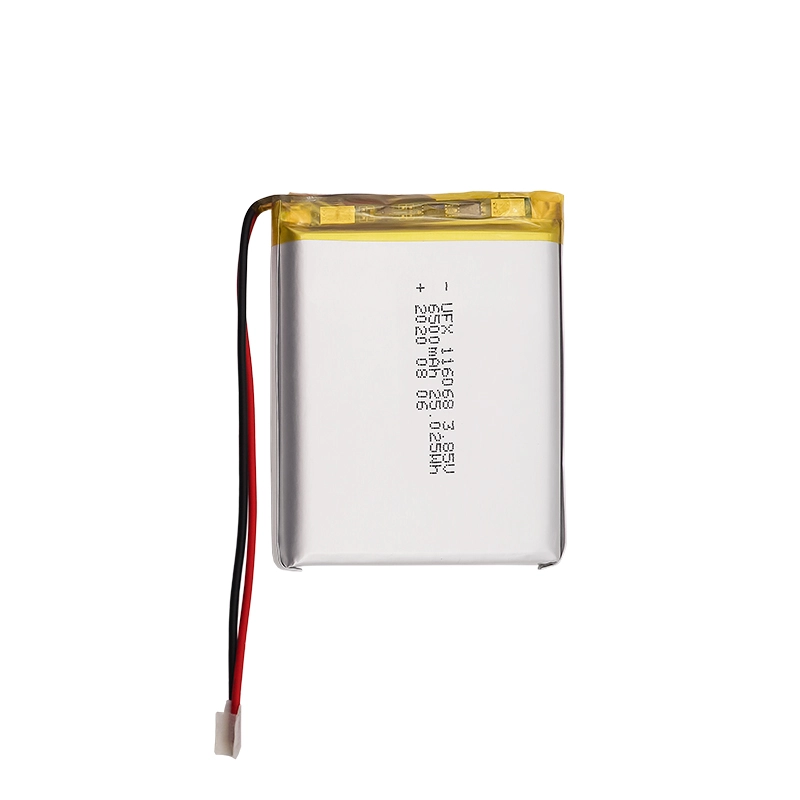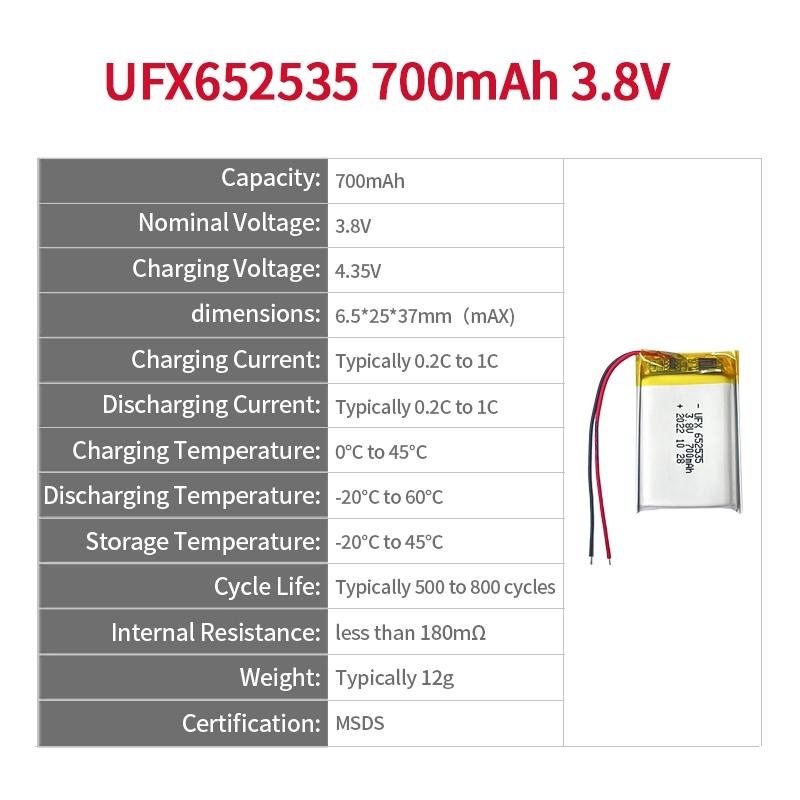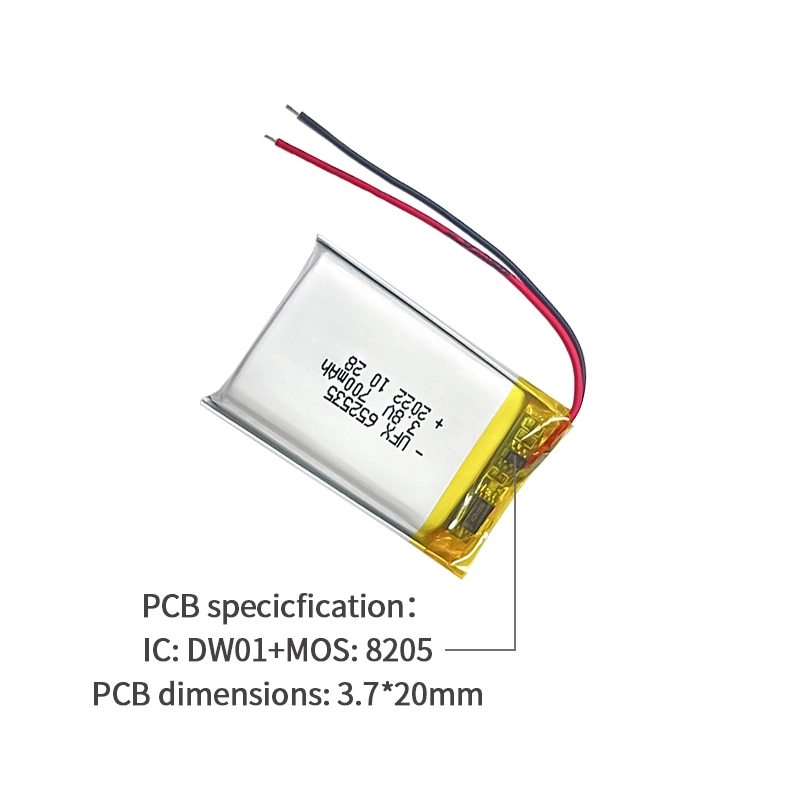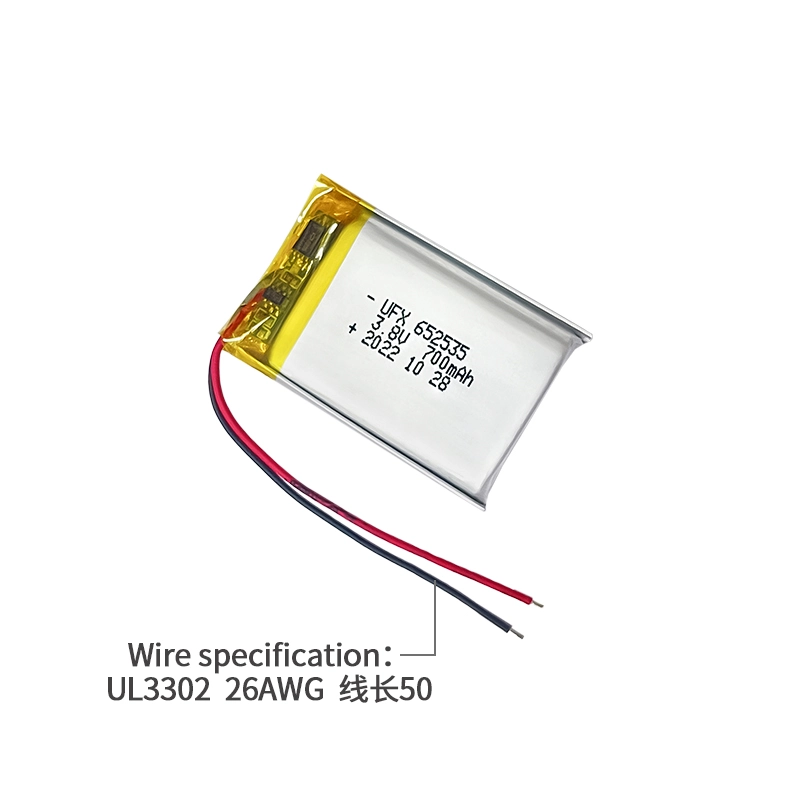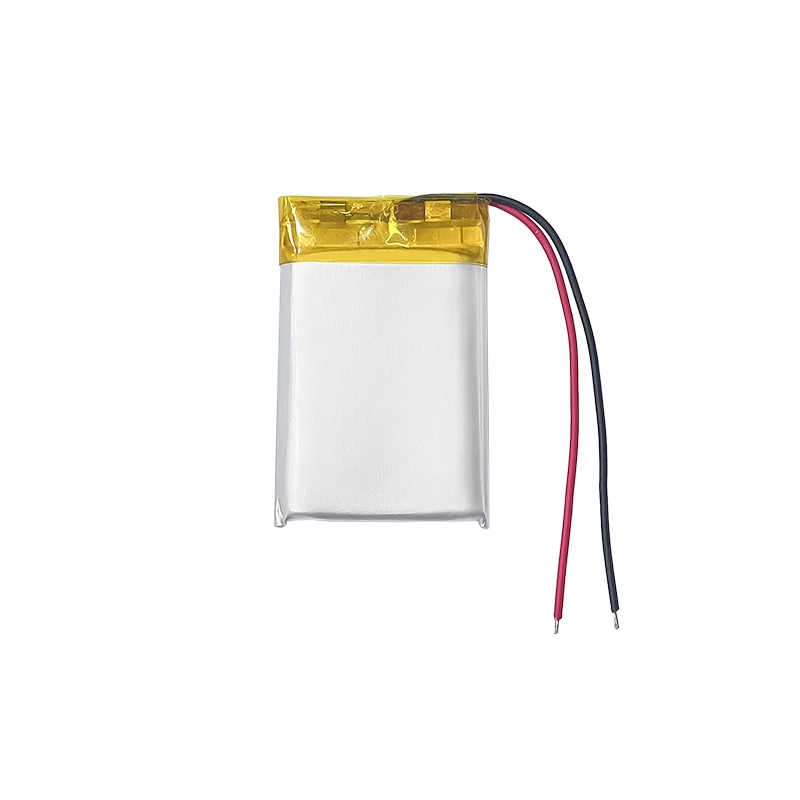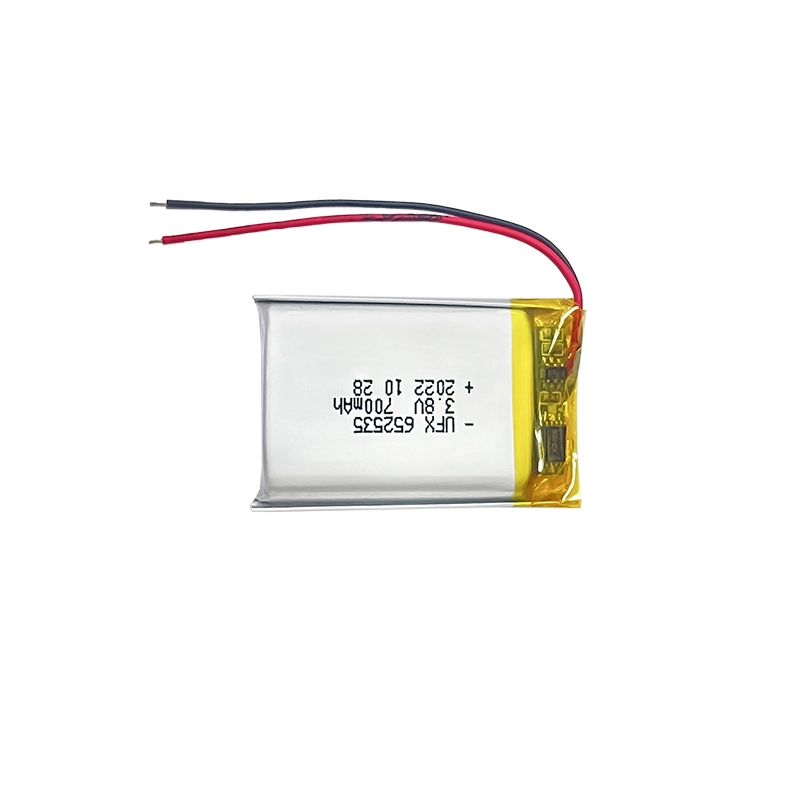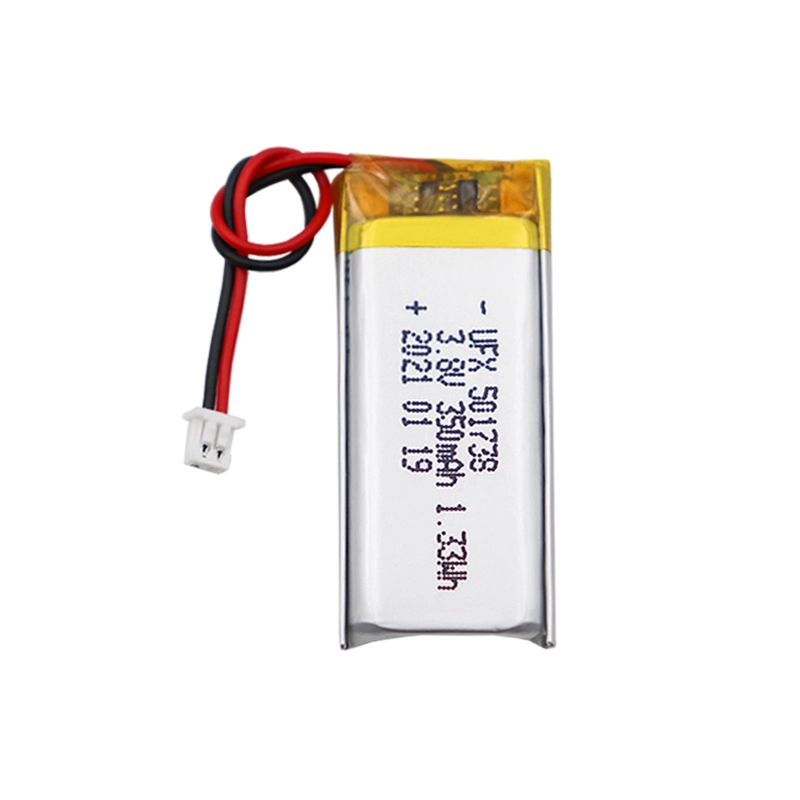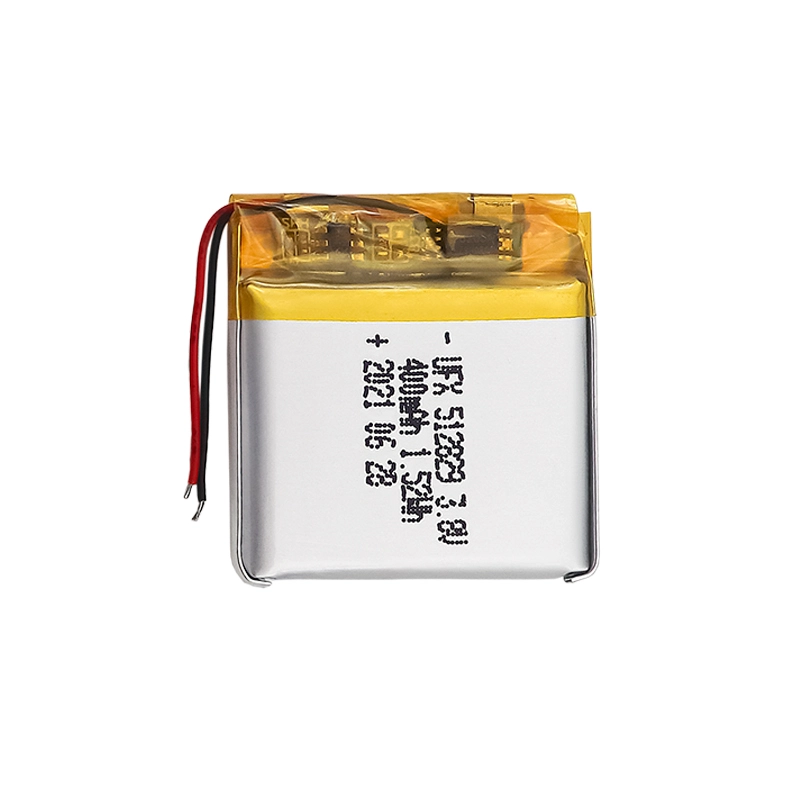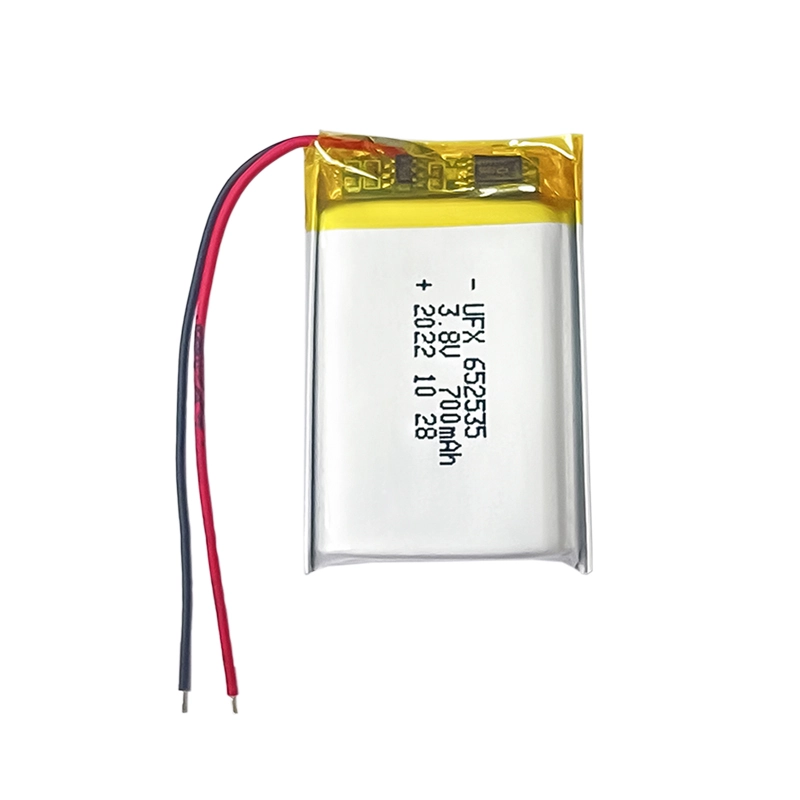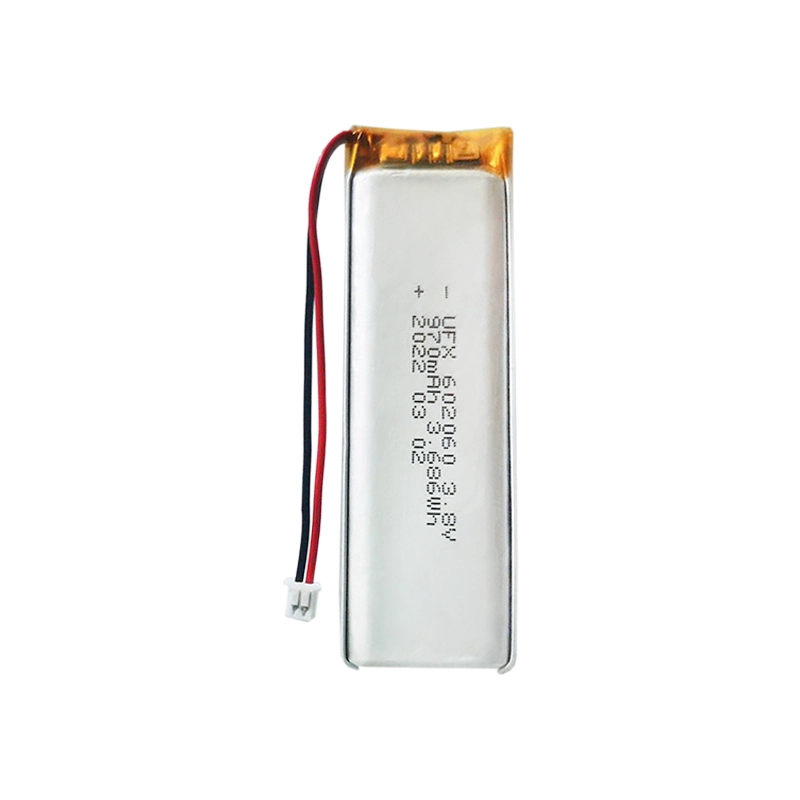-
Product Details
-
Specs
-
Capacity Fast Calculator
-
Application
-
Content
-
FAQs
-
Reviews

Product Details
Discharge Rate
Long Cycle Life
Ultra-Low Self-Discharge
Wide Temperature Range




Battery Power Check
Before shipment, each lithium battery undergoes comprehensive testing to verify its voltage, current, and charging and discharging parameters, ensuring compliance with standard operational levels for reliable functionality.


Sustainable Manufacturing
Employing A-grade battery cells, these leak-proof batteries maintain an eco-friendly design, prioritizing environmental sustainability in their production and usage.
Applications
The Battery is designed for use in various applications, including but not limited to smartphones, tablets, handheld gaming consoles, and other portable electronics, showcasing its adaptability across multiple gadgets.
Battery Specification
-
1. Mechanical Characteristics
Cell 116068 PCM Yes NTC No Weight appr. 119g Configuration 1S1P -
2. Electrical Specification
Capacity 6500mAh Nominal Voltage 3.8V Energy 24.7Wh Internal Resistance less than 120mΩ Max. Charge Voltage 4.35V Discharge Cut Off 2.75V Max. Charge Current 3250mA Max. Discharge Current 3250mA Standard Charge Current 1300mA Standard Discharge Current 1300mA Charging Temperature 0℃ to 45℃ Discharging Temperature -20℃ to 60℃ Storage Temp. Range 1 year at -20℃ to +30℃ 3 mos. at -20℃ to +45℃ 1 mo. at -20℃ to +60℃ Cycle life 100 cycles ≥92% 300 cycles ≥88% 500 cycles ≥80% -
3. Cell protection
Overcharge Detection 4.4V ±25mV (1000 to 1600msec delay, release 4.2V ±50mV) Overdischarge Detection 2.8V ±50mV (115 to 175msec. delay, release 3.0V ±50mV) Overcurrent Detection 5A to 9A (9 to 15msec. delay) Short protection Yes
Lipo Battery Cell Capacity Fast Calculator
Please enter your battery information to calculate the battery capacity and energy.
The capacity calculated by this tool is only an approximate value. If you need an accurate assessment, please contact our professional engineers.
3.8 V 6500mAh Lithium Ion Battery Application
Lithium Polymer Battery For Laptop
Our lithium laptop batteries boast high energy density, providing extended usage on a single charge while maintaining a compact form factor for portability. Additionally, they exhibit low self-discharge rates, ensuring your laptop remains ready for use even after prolonged periods of inactivity.

Lithium Polymer Battery For iPad
Our lithium batteries for iPads excel in low-temperature resistance, ensuring reliable performance even in colder environments. Additionally, they feature high energy density, guaranteeing sustained power for your iPad throughout extended usage.

Lithium Polymer Battery For Wireless Microphone
When it comes to wireless microphones, stability is key. Our lithium batteries offer consistent power delivery, ensuring uninterrupted performance. Their high energy density and low self-discharge rate guarantee reliable power, so you can focus on delivering your message or music flawlessly.

Lithium Polymer Battery For Remote Control
Our lithium batteries for remote controls provide extended longevity due to their high energy density, reducing the frequency of replacements. With low self-discharge rates, these batteries maintain power even during extended periods of remote inactivity.

Lithium Polymer Battery For Alarm Clock
Start your day reliably with our lithium batteries designed for alarm clocks. Resistant to varying temperatures, these batteries ensure your alarm clock functions consistently, even during colder weather, guaranteeing you wake up on time. Their high energy density means fewer battery changes, offering peace of mind for uninterrupted mornings.

The Complete Guide For 3.8 V 6500mAh Lithium Ion Battery
A 3.8 V 6500mAh lithium-ion battery serves as a crucial power source for various electronic devices. This guide delves into its components, functionalities, and best practices for optimal use.
Part 1. Advantages and Applications
The 3.8 V 6500mAh lithium-ion battery combines a moderate voltage with a high capacity, making it advantageous for devices requiring prolonged power without compromising on size. Its adaptability extends to various applications, such as powering high-drain devices like drones, tablets, power banks, or electric vehicles, ensuring extended usage durations.
Part 2. Technical Specifications
Featuring a 3.8 V output and a capacity of 6500mAh, this battery efficiently stores and delivers power. The moderate voltage and high capacity make it suitable for devices demanding a balance between power and energy density, ideal for tablets, portable speakers, or handheld gaming consoles.
Part 3. Safety and Handling
Safety measures are integral. This battery integrates safeguards against overcharging,over-discharging, and short circuits, ensuring safe operation. Proper handling, including avoiding extreme temperatures and physical damage, is essential for user safety and optimal battery lifespan.
Part 4. Maintenance and Longevity
Following recommended charge-discharge cycles, avoiding deep discharges, and conducting periodic checks for physical damage are vital practices. Routine firmware updates optimize efficiency, ensuring prolonged longevity for the 3.8 V 6500mAh lithium-ion battery.
Part 5. Buying Guide and Recommendations
For reliable and customized solutions, consider sourcing your 6500mAh 3.8 V lithium-ion batteries from Ufine custom battery. Our commitment to quality assurance and tailored battery solutions ensures dependable performance for your specific needs.
FAQs
-
Are lithium-polymer batteries a fire hazard?
lithium polymer batteries have the potential to catch fire or swell if mishandled, damaged, overcharged, or exposed to extreme conditions. Proper care, handling, and charging significantly reduce the risk of hazards. -
How do you keep a lithium polymer battery healthy?
To maintain the health of a lithium polymer battery, avoid overcharging or deep discharging, store it at moderate temperatures, use compatible chargers designed for the battery, and periodically exercise the battery by charging and discharging it. -
Are lithium polymer batteries safe for air travel?
Airlines often have specific guidelines for carrying lithium batteries, such as limitations on the number of spare batteries or whether they should be carried in carry-on baggage rather than checked luggage. It's essential to adhere to airline regulations when traveling with lithium polymer batteries. -
How long does it take to fully charge a lithium battery?
Charging time depends on the battery's capacity and the charger's current. For example, if the battery capacity is 4000mAh and the charger current is 2500mA, charging time = 4000mAh / 2500mA = 1.6 hours. -
How long do lithium batteries last?
Our lithium battery cycle life is more than 500 times. The lifespan of a lithium battery depends on various factors, such as usage patterns, charging and discharging conditions, and overall maintenance. -
Can lithium batteries be customized for specific applications?
Yes, lithium batteries can be customized to meet specific requirements. This includes customizing the battery capacity, voltage, size, shape, and other parameters to suit the application's needs. Capacity: 20mAh~12000mAh, voltage: 3.2 V~48 V.
Reviews
High Energy Density
It stores large amounts of energy in a smaller and lighter package
Longer Cycle Life
Withstands extensive charge and discharge cycles
Low Self-Discharge
Maintains power longer when not in use
Safety
Minimizes the risk of accidents and ensures safe operation
Related Articles
About Lithium Battery Industry News
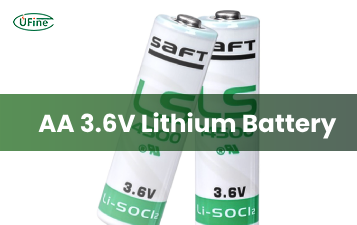
What You Need to Know About AA 3.6V Lithium Battery
Learn all about AA 3.6V lithium batteries—voltage, size, capacity, uses, and the best replacements. Discover why they’re powerful, and highly reliable.
2025-4-15 Ufine
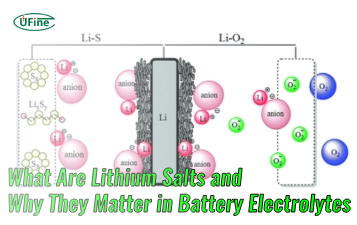
What Are Lithium Salts and Why They Matter in Battery Electrolytes
Lithium salts in electrolytes are key to battery performance, powering everything from phones to EVs and shaping the future of clean energy.
2025-4-15 Ufine
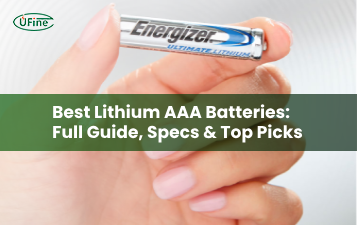
Lithium AAA Battery Guide: Power, Performance & Chargers
Explore lithium AAA batteries—voltage, capacity, weight, top brands, and more. Learn how to choose the best battery for your device and why it really matters.
2025-4-15 Ufine
